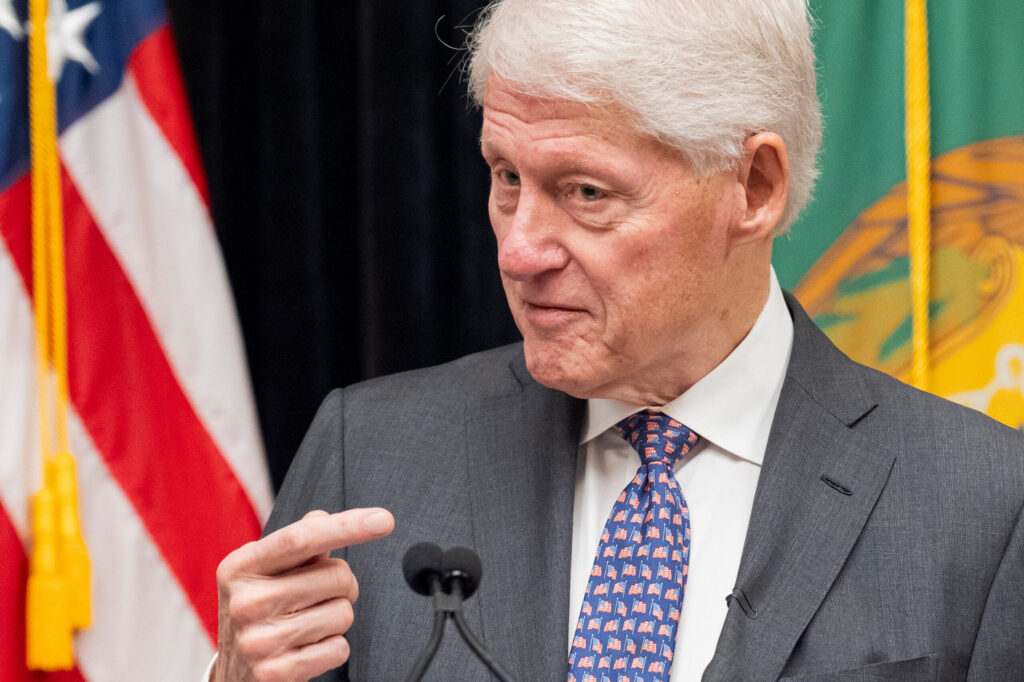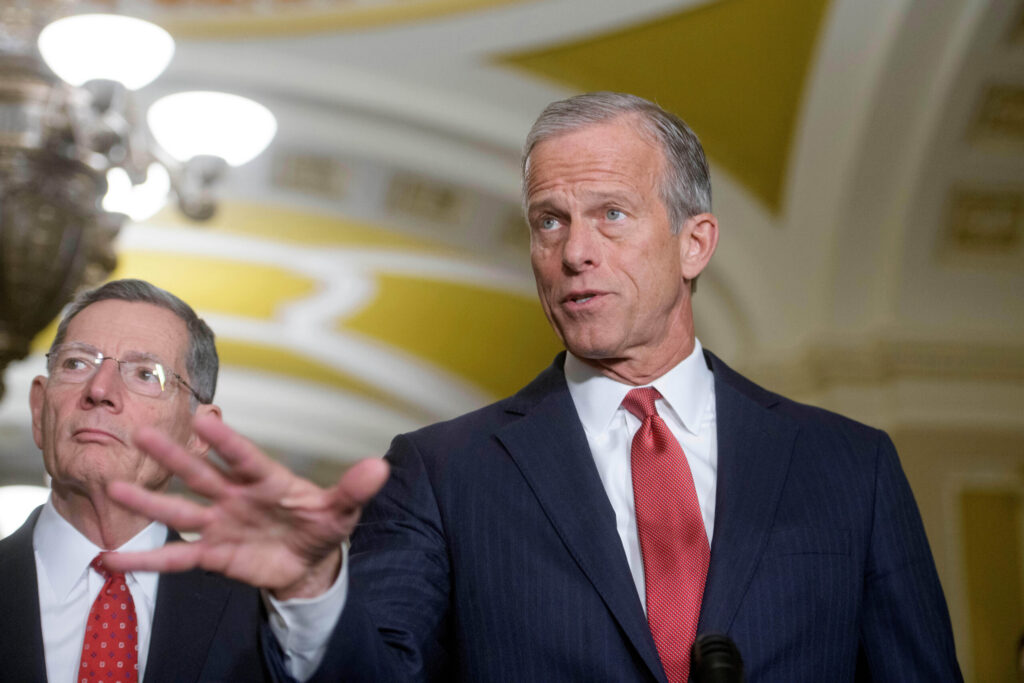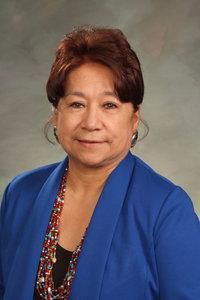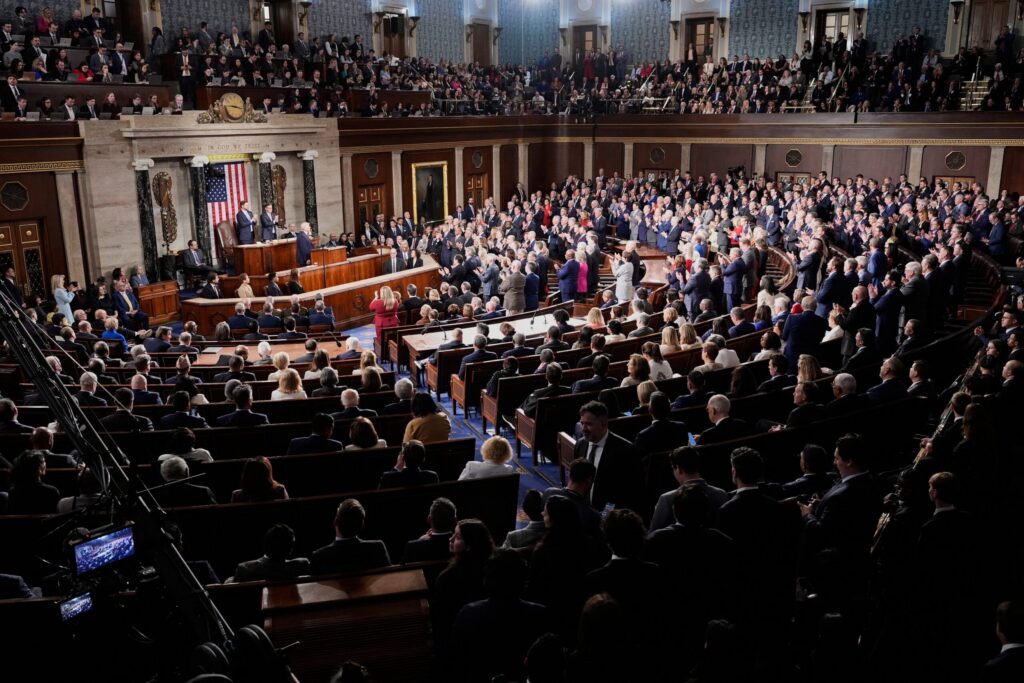Fully independent panel to oversee Colorado judicial discipline proposed

Colorado’s Commission on Judicial Discipline hasn’t been able to pay a law firm it hired last year to investigate allegations of widespread judicial misconduct because the state’s Supreme Court hasn’t given it the money.
As a result, the commission on Tuesday is poised to make the unprecedented move of asking legislators to create and fund a new Office of Judicial Discipline wholly independent of the state’s highest court, according to documents it filed with legislators.
The reason, according to the commission, is to ensure it has “insulation from external pressures, including the discretion of other entities to constrain the CCJD’s funding and resources,” according to papers the commission filed with the legislature’s judiciary committees in anticipation of a hearing Tuesday.
“Ultimately, the CCJD’s budget is dependent upon approval by the Colorado Supreme Court, which creates inherent risks of apparent and potential funding conflicts,” it said in the paperwork. “Funds have yet to be approved or provided by the Colorado Supreme Court and the Office of Regulation Counsel allowing special counsel to proceed with its appointed functions.”
Justices knew about memo 2 years ago
It’s asking for more than $1 million – $400,000 of it to pay for the special counsel it hired last year to look into widespread allegations of misconduct tied to a contract given to a former Judicial Department official.
The commission for years has relied on its funding from the Office of Regulation Counsel, whose own budget comes from attorney fees dispersed by the Supreme Court. It operated with only an executive director and a part-time assistant.
The commission’s 10 members are appointed by the governor and the Supreme Court’s chief justice.
A Judicial Department spokesman did not immediately return a message seeking comment. The department is also to appear Tuesday before the joint judiciary committee just ahead of the discipline commission.
The Colorado Constitution establishes the commission as an independent organization supposedly unanswerable to any outside influence, yet its funding comes from the very organization it’s supposed to oversee.
The conflict has become increasingly evident following last year’s revelation that allegations of judicial misconduct were covered up to prevent their public disclosure. That put the commission in a tight spot: Its own records didn’t reflect it had heard about any of those allegations, the commission said shortly after the news broke in February 2021.
Additionally, the commission asked Supreme Court Chief Justice Brian Boatright in a Feb. 23, 2021, letter why it had not heard of or received a copy of a two-page memo that is at the center of the misconduct scandal.
Moreover, the commission and Judicial Department in 2010 signed an agreement in which the division would turn over any allegations of misconduct no matter their own findings – which would seemingly have included the memo.
The commission “requests the creation of a separate budgetary line item to make the CCJD’s resources independent from control by the entity it is charged to oversee,” it said in the paperwork. “The expectation of a separate budgetary line item is that any discretion by the Judicial Department in its disbursement should be removed.”
The commission launched its investigation into the memo in September 2021 when it hired Denver law firm Rathod Mohamedbhai as special counsel.
The memo lists several instances in which judges – including the state’s chief justice – allegedly covered up the misconduct of others or were protected from discipline of their own misdeeds.
The memo was allegedly drafted by then-Human Resources Director Eric Brown, who read from it during a meeting with then-Chief Justice Nathan “Ben” Coats, his counsel, Andrew Rottman, and then-Supreme Court Administrator Chris Ryan.
Ryan has said the contents of the memo were to be disclosed in a sex discrimination lawsuit by the department’s chief of staff, Mindy Masias, who was being fired for financial irregularities at the time.
Ryan has said Coats – and by extension the rest of the Supreme Court – agreed to award a company Masias had just formed a $2.5 million contract for judicial training in order to prevent the tell-all lawsuit.
Ryan and Brown later resigned when details of the contract emerged in July 2019, but the details of the memo and the alleged quid-pro-quo deal behind it did not come out until February 2021.
If legislators refuse the commission’s request, “it will remain dependent upon other governmental entities to perform its proper function,” it said in the paperwork filed with the legislature. “The appearance that the Judicial Branch controls the CCJD’s funding presents a perceptional conflict contrary to the respective interests of both the Judiciary and the CCJD, as independent constitutional entities.”
The commission is set to tell members of the Senate and House judiciary committees that it also wants four full-time employees, including an investigator and staff attorney.
Until now, the commission has relied on investigators working for the Office of Regulation Counsel, which also chooses how much office space is appropriate for the commission.
The commission is composed of two county judges and two district court judges – all appointed by the state’s chief justice – two attorneys chosen by the governor and four citizens who are not lawyers or judges, also appointed by the governor.
The commission’s executive director is chosen by the commissioners.
The current director is Christopher Gregory, a Fort Collins attorney who had served on the commission as its chairman until last summer when Gov. Jared Polis replaced him after only one term.
As chairman, Gregory was the author of the letter to Boatright requesting answers about why the commission had not heard about the memo, its contents or could not locate any reports listed in the memo among its own records.
At least six investigations were launched following news reports about the memo and contract deal including probes by the discipline commission, the ORC, two by the Judicial Department, one by the state auditor, and another by the FBI. All are pending.














